Golden Mile: Ronnie Delany’s 1956 Melbourne Victory
In our third installment of our series spotlighting Irish Olympic track and field medalists, Phil Knox tells the inspiring tale of Ronnie Delany, who not only claimed Ireland's first gold in 24 years but also etched his name in sporting history.
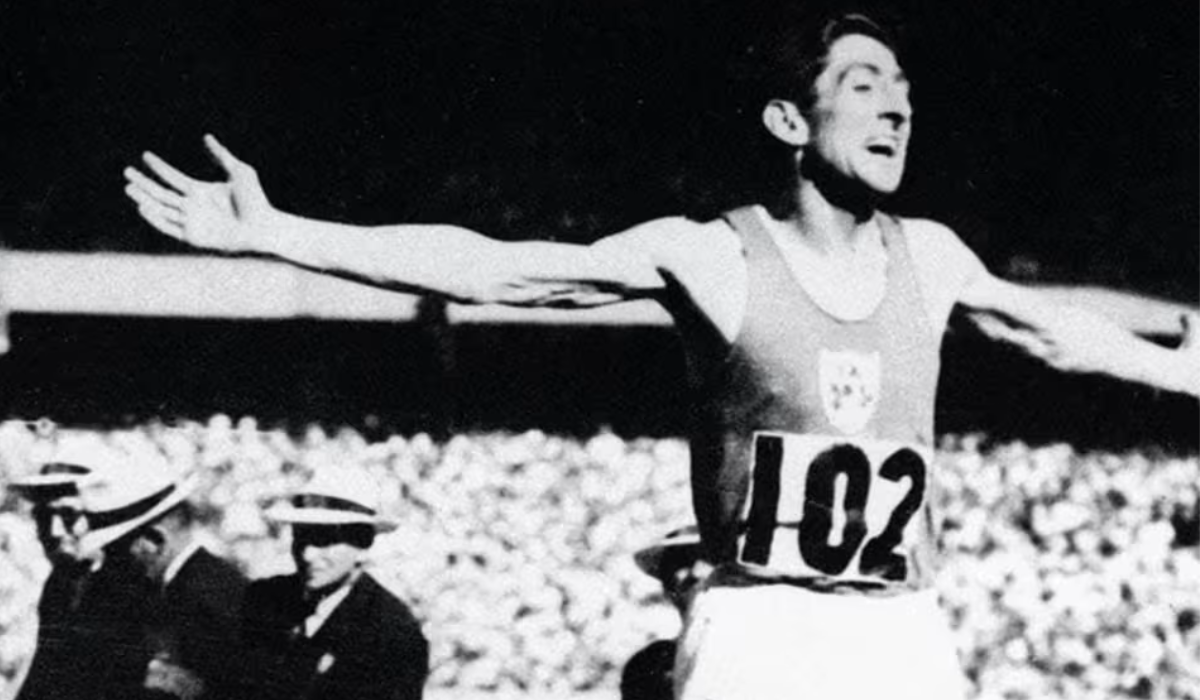
By Phil Knox
Welcome to the third in a series of articles by Run Republic, where we tell the history of Ireland's track and field Olympic medalists. Following our articles on Pat O'Callaghan and Bob Tisdall, we continue with the inspiring tale of Ronnie Delany, whose stunning victory in the 1500m at the 1956 Melbourne Olympics added another chapter to Ireland's rich athletic heritage.
"We did it, Jack." - Telegram from Ronnie to Jack Sweeney, his former secondary school coach and mentor, after his 1500m gold medal win at the 1956 Melbourne Olympic Games.
Ronald Michael "Ronnie" Delany was born on March 6, 1935, in Arklow, County Wicklow, before moving to Sandymount in Dublin. His early life was marked by a deep interest in sports, a passion encouraged by his family. He developed an interest in running by racing his brother home from school. His early promise in athletics was noticed by Jack Sweeney, his Maths teacher at the Catholic University School in Dublin, who then became his coach. Under Sweeney's tutelage, Delany won several school competitions. By age 17, he became the first schoolboy to break the two-minute barrier in the 880-yard race, showcasing his talent from an early age.
Recognising the limitations of training facilities and competition in Ireland, Ronnie Delany decided to leave for Villanova University in Pennsylvania. His move to Villanova, supported by a full athletic scholarship, provided him with access to top-notch facilities and coaching. Delany’s time at Villanova University was transformative and pivotal for his running career. Under the esteemed coach Jumbo Elliott, Delany honed his skills and gained the confidence to compete at the highest levels. Initially resistant to the rigorous American indoor racing circuit, Delany adapted and excelled, particularly his technique and strategy.
The athletics world was gripped by the quest to break the four-minute mile, first achieved by Roger Bannister in May 1954. Ronnie Delany's breakthrough came during the Compton Invitational in June 1956. Leading up to this event, Delany faced several challenging races and struggled to find his best form. However, valuable advice from fellow runner John Landy, coupled with strategic guidance from his coach Jumbo Elliott, helped him relax and gain renewed confidence. At the Compton Invitational, Delany executed a brilliant race, positioning himself within 10 yards of the leader. In the final 40 yards, he unleashed a powerful kick, overtaking Gunnar Nielsen and clinching victory with a time of 3:59.00. This achievement made Delany only the seventh person in history to break the four-minute mile, setting the stage for his Olympic 1500m ambitions.
With his place in history already secured, Delany set his sights on the ultimate prize: the 1956 Melbourne Olympics. Despite doubts from the Olympic Council and his selection being confirmed by a narrow margin, Delany's resolve never faltered. He joined his teammates, including Ireland’s first ever female Olympian, Maeve Kyle, at a training camp in San Francisco before they traveled to Melbourne.
During his final preparations in San Francisco, Delany experienced a unique moment that symbolized his confidence and readiness. His coach, wanting him to mentally prepare for victory, made Delany practice breaking through a tape and raising his arms in triumph, visualising the moment he would cross the finish line as a champion. This psychological reinforcement played a crucial role in his mental readiness for the competition.
Delany described his journey from the United States to Australia as a "big adventure." From their training camp in San Francisco, Delany and his teammates embarked on a multi-leg flight, traveling first to Hawaii, then to Fiji, then to Sydney, before they finally arrived in Melbourne. Along the way, they encountered Irish missionaries who offered them blessings as they headed to the Olympics.
As the final approached, anticipation was at a fever pitch back in Ireland. In the early hours of Saturday morning, December 1st, 1956, families across Ireland gathered around their wireless radios. The BBC shortwave broadcast, with legendary sports commentator Rex Alton calling the race, brought a sense of unity and excitement as the nation collectively held its breath, hoping for a historic victory from the Wicklow man.
Delany lined up for the 1500 meters final at the Melbourne Cricket Ground. The race featured a highly competitive field, including world-class runners like John Landy of Australia. Delany started conservatively, staying at the back of the pack, but he executed his strategy flawlessly. As the bell rang for the final lap, Delany made his move. He surged from the back, overtaking competitors with a remarkable burst of speed. His powerful finish saw him cross the line first, setting a new Olympic record of 3:41.20. Reflecting on his victory, Delany said, “I never felt so strong, so powerful in my life. I never felt it like it in any other race.”
Delany's victory was Ireland's first Olympic gold in 24 years, sparking enormous excitement and celebration across the country. President Eamon de Valera immediately ordered preparations for a grand homecoming. This sense of national pride and celebration highlighted the significance of Delany's achievement for Ireland. His return to Ireland was met with a hero’s welcome. From Shannon Airport to Dublin, thousands of fans lined the streets to celebrate their champion. Ireland would not see another Olympic gold medal until Michael Carruth's victory in boxing at the Barcelona Olympics in 1992, 36 years later.
After his Olympic victory, Delany continued to excel in athletics, particularly in indoor meets in the United States. From 1956 to 1959, he remained unbeaten in 40 races, setting the world indoor record three times, with his fastest being 4:01.40. His winning streak is considered one of the greatest in middle-distance running. Although he competed in the 1958 European Championships at 22 years old and won a bronze, injuries began to plague him in the early 1960s, eventually forcing him to retire.
Delany’s Olympic gold remains a pinnacle of Irish sporting history and a source of enduring inspiration. In recognition of his contributions and achievements, Delany has received numerous honours, including the Freedom of Dublin City and several honorary degrees. In November 2021, a statue was unveiled in his honor in his native Arklow, commemorating his lasting legacy. Still alive today, Delany is enjoying longevity at 89 years old, a testament to his enduring strength and spirit.
Ronnie Delany's 1956 Olympic triumph in Melbourne is a story of extraordinary talent, meticulous preparation, and unwavering belief and faith. It highlights the significance of his achievement not just for him personally, but for Ireland as a whole. Delany’s legacy continues to inspire the Irish athletics community to this day.
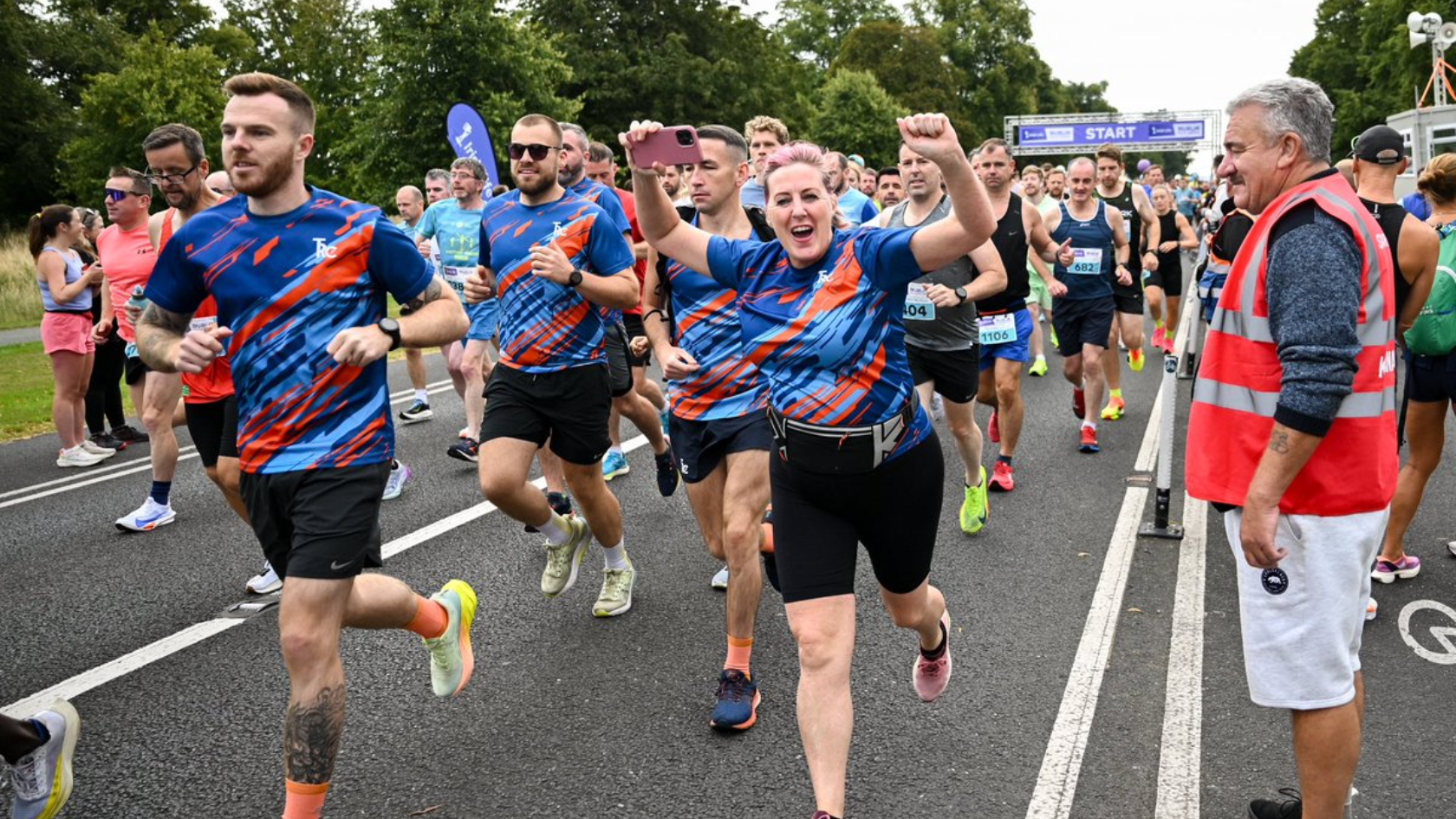
2026 Dublin Marathon Races Series Now Open for Entries
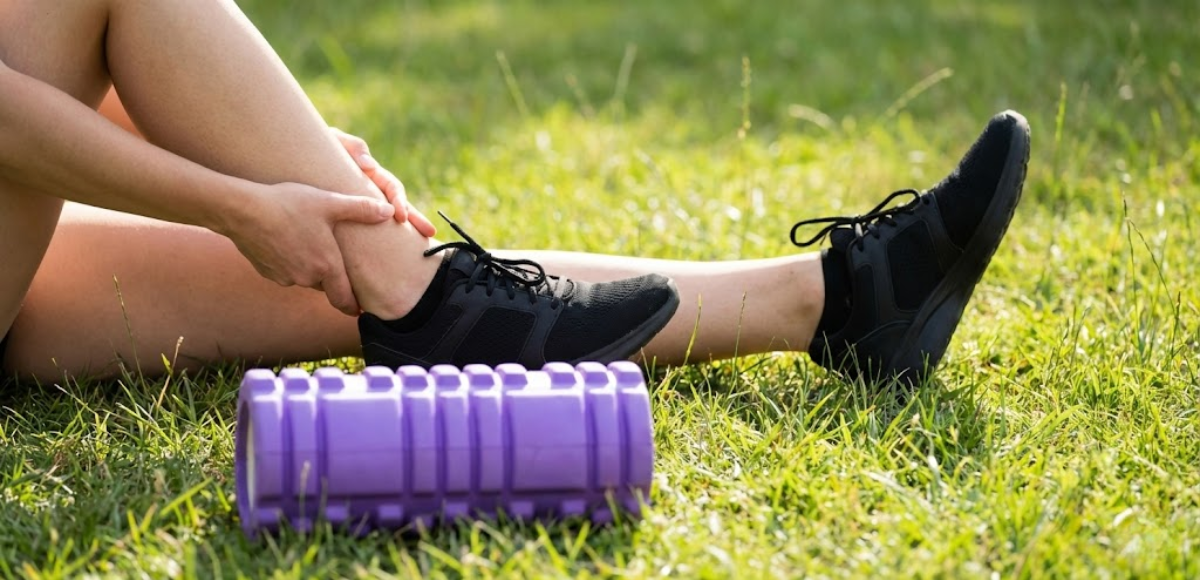
Rest Days Aren’t Optional, Here’s Why
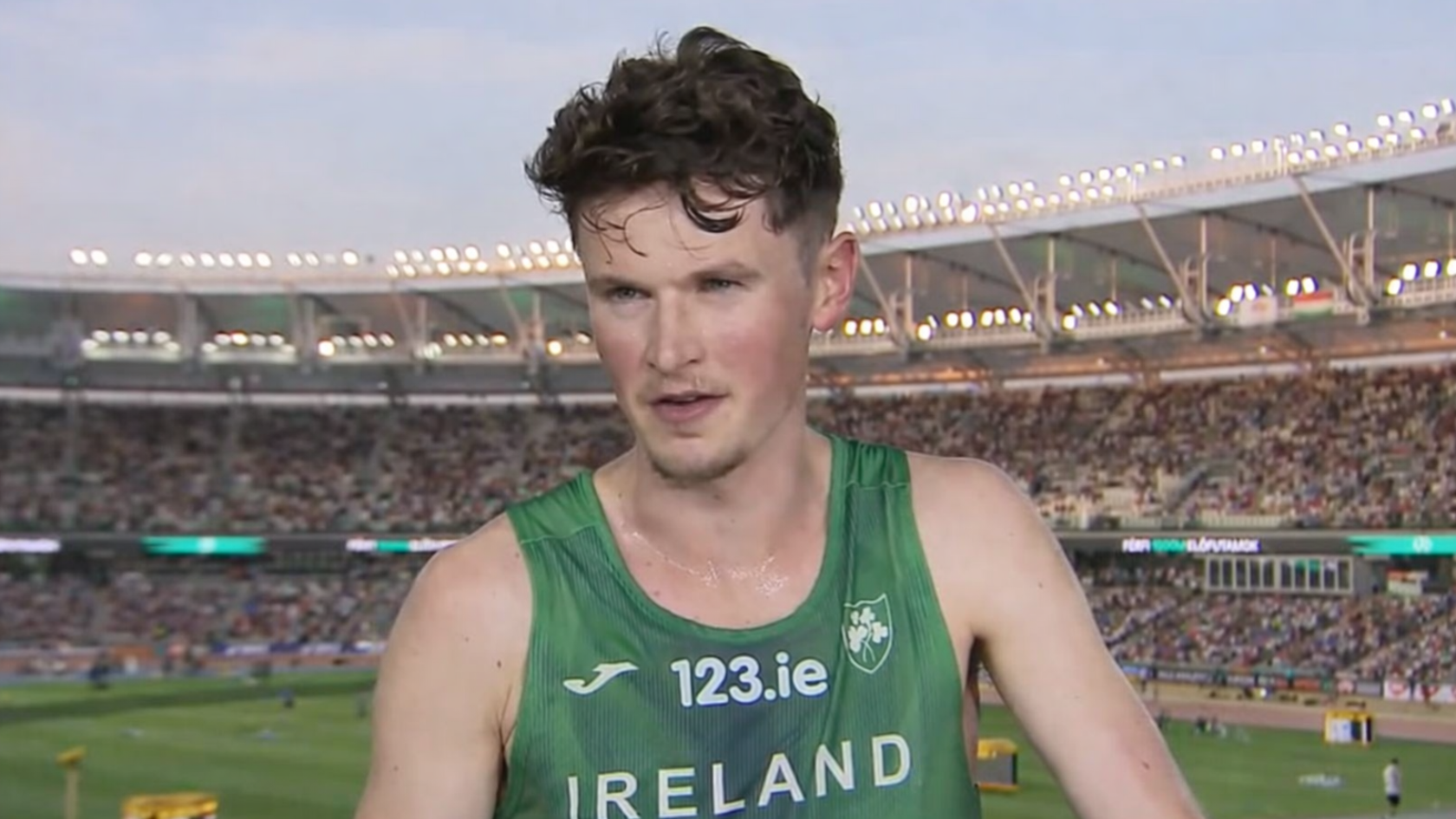
How to Irish Athletes in Action in Spain this Evening
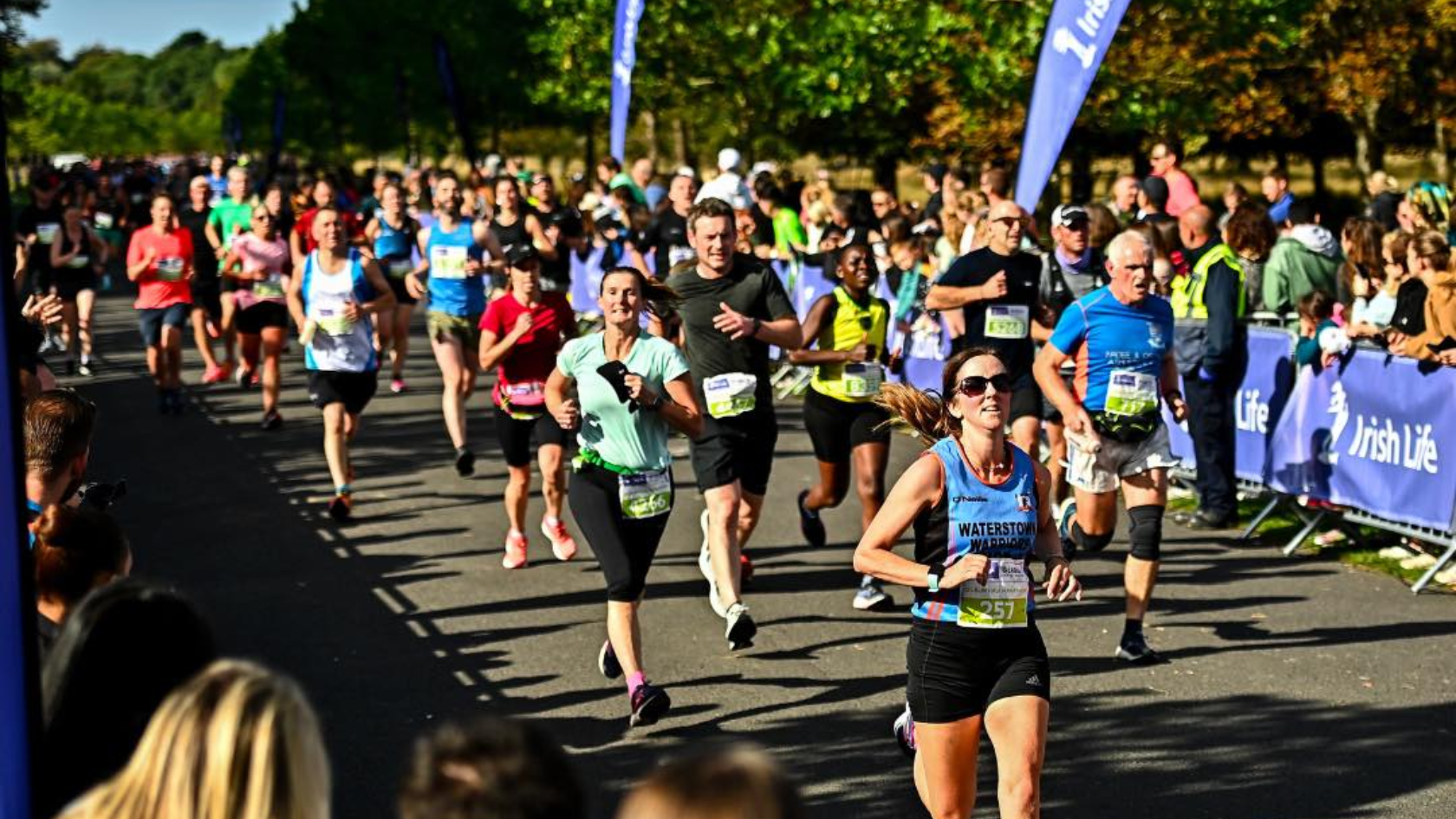
Everything You Need To Know About The Frank Duffy 10 Mile
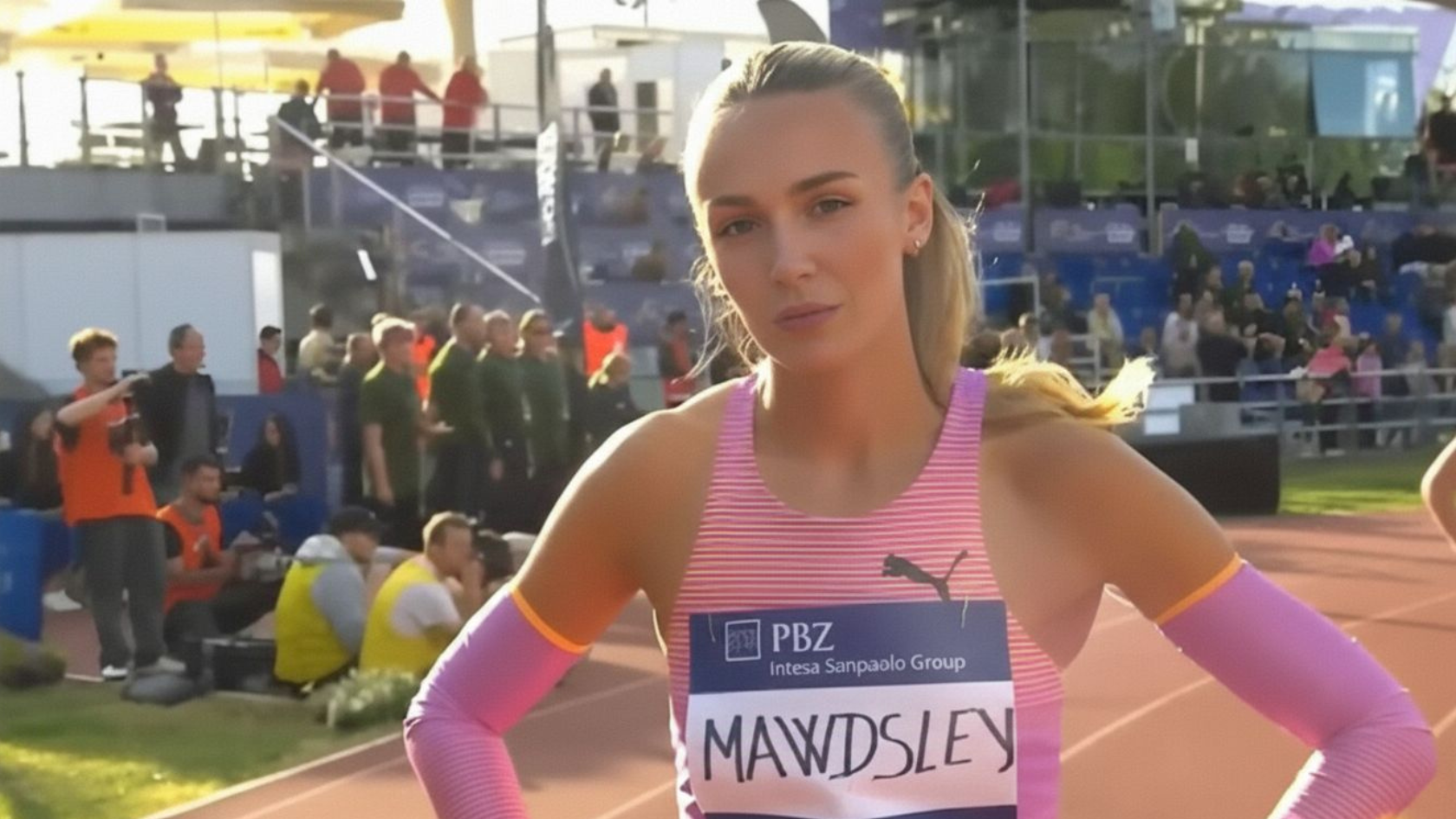
How to Watch Irish Athletes in Action in France this Evening
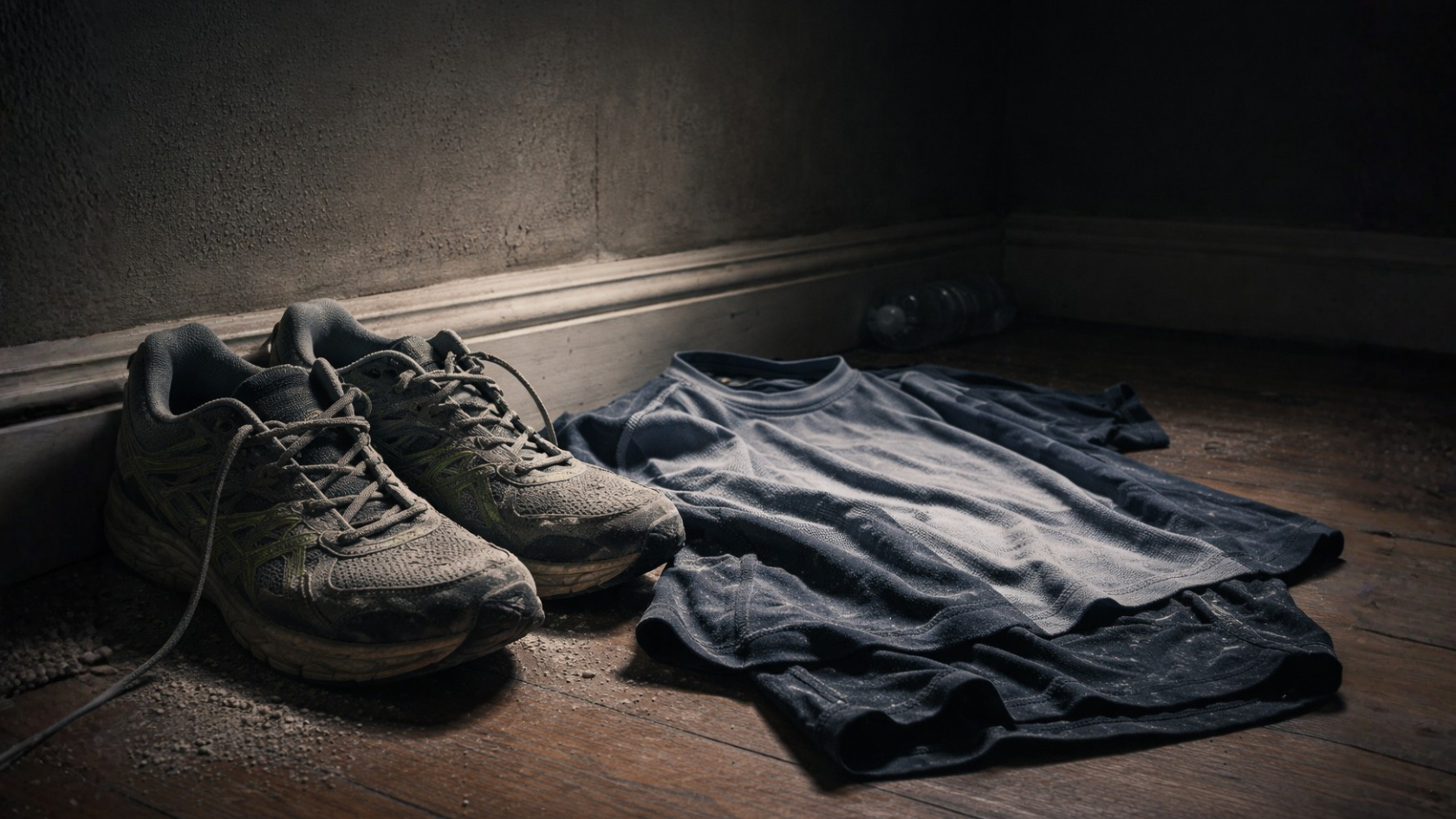
My Hair Transplant & Running II: I Didn't for a Year and It Was Kind of My Own Fault
